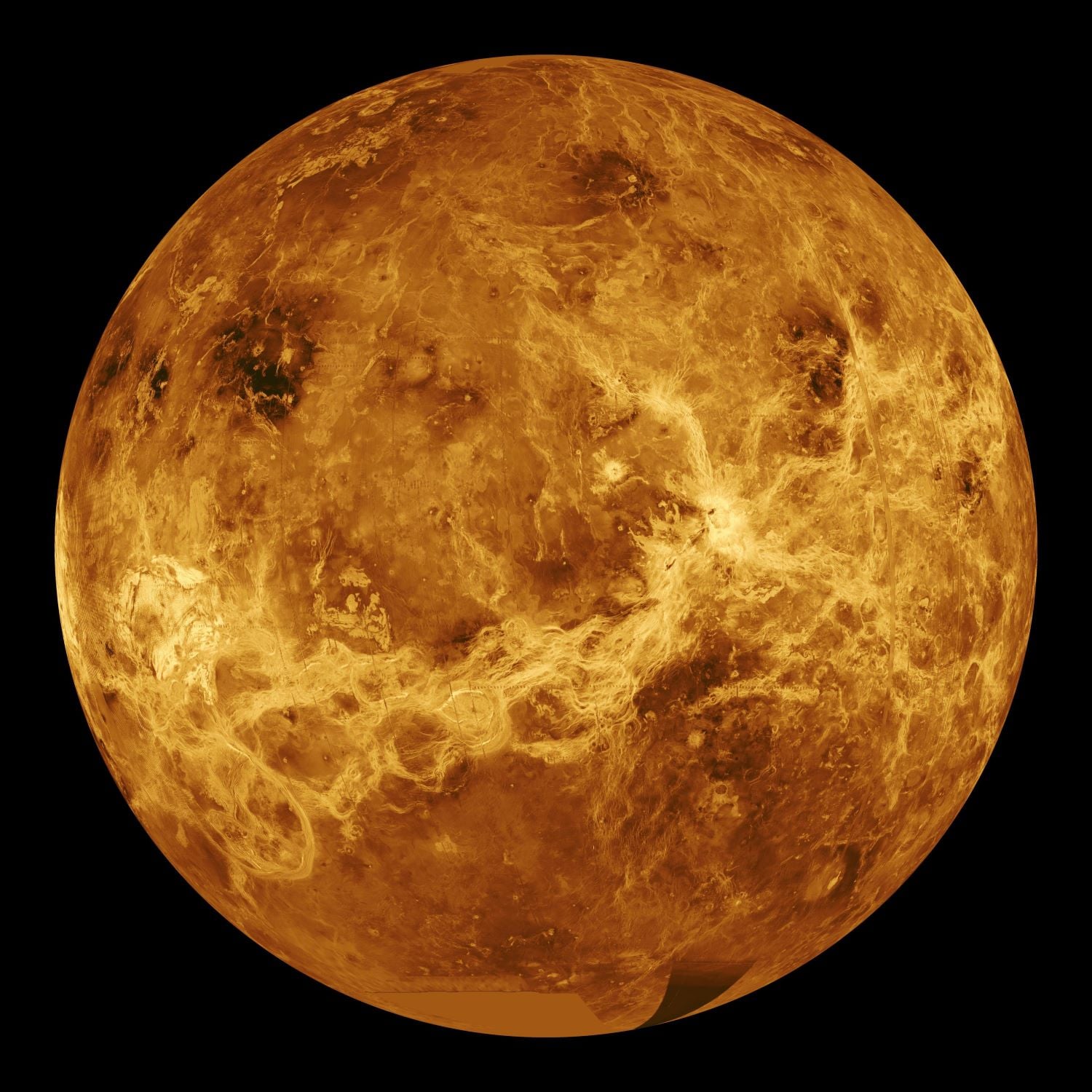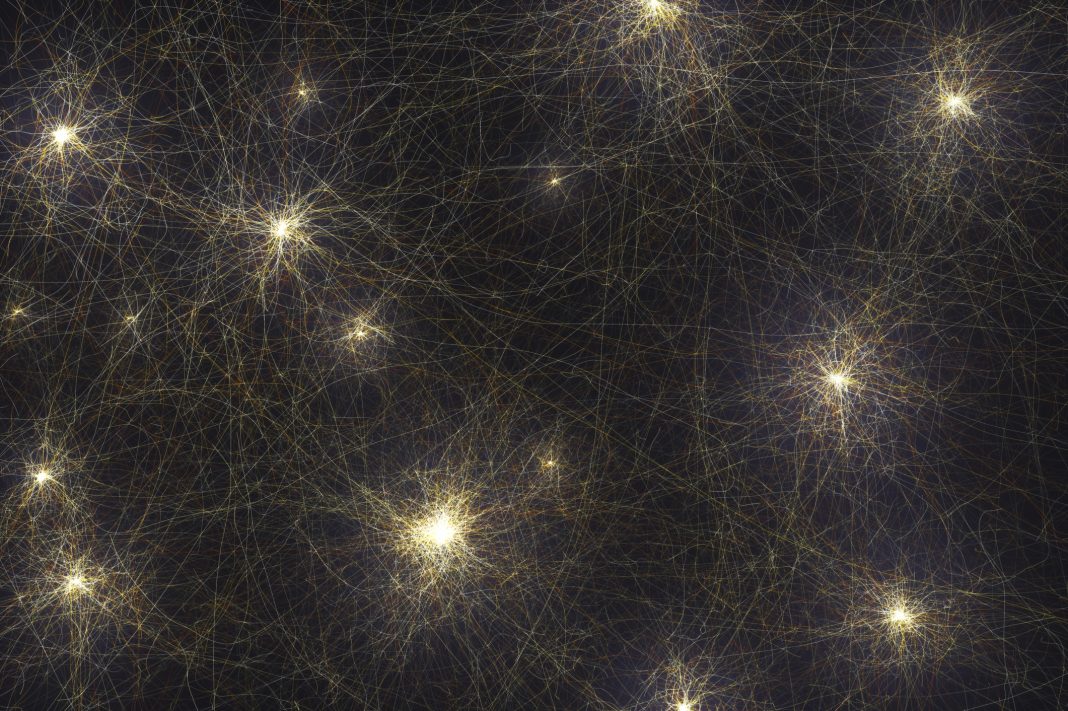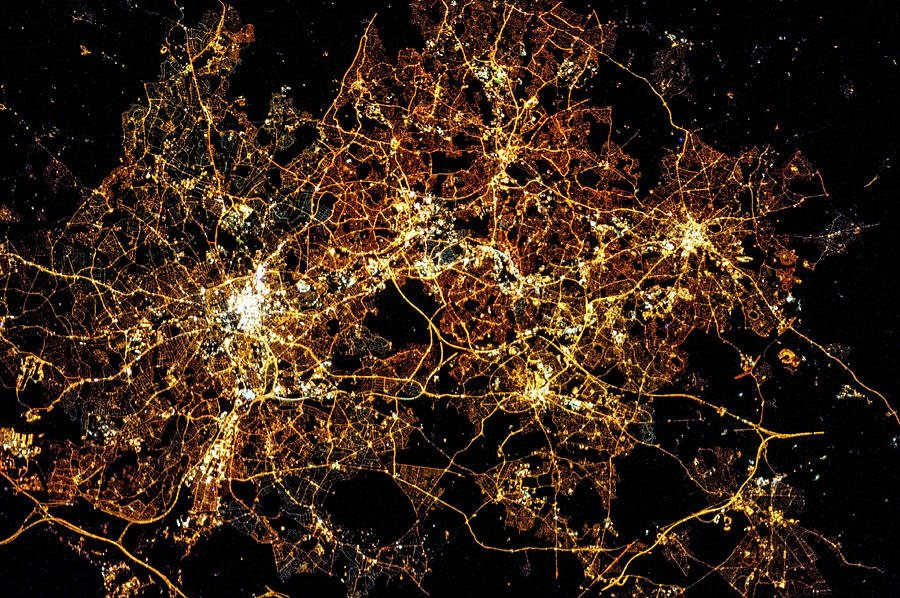That's akin to what Aristotle propounded with his notion of pneuma. Experiment suggests otherwise:While touring NASA, on Cape Canaveral, in Florida, I talked with a retired technician who volunteered to meet and greet and answer questions of the public. One of the things he told me was that no matter how clean and sanitized NASA treated their water and holding tanks, bacteria would eventually get in and grow.
Now, what if that bacteria didn't get in? What if it developed within the water system by the nature of the system and water?
It seems inconceivable that we can't purify an enclosed water system to remain completely free of biological contamination, but perhaps the even more inconceivable condition of the spontaneous formation of life would remain inexplicable simply because it was so ever present and inconceivable.
-Will
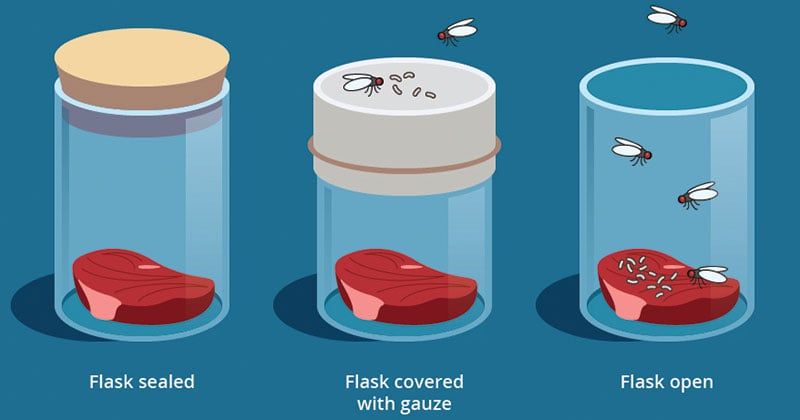
Experiments in support and against Spontaneous Generation
Experiments in support and against Spontaneous Generation. Spontaneous generation is an obsolete theory which states that living organisms can originate from inanimate objects.
 microbenotes.com
microbenotes.com
Bacterial contamination is much more likely. The little buggers get everywhere. Although small, the probability of one quantum tunnelling through a potential barrier is tiny. However, they have been demonstrated to perhaps be subject to quantum effects:
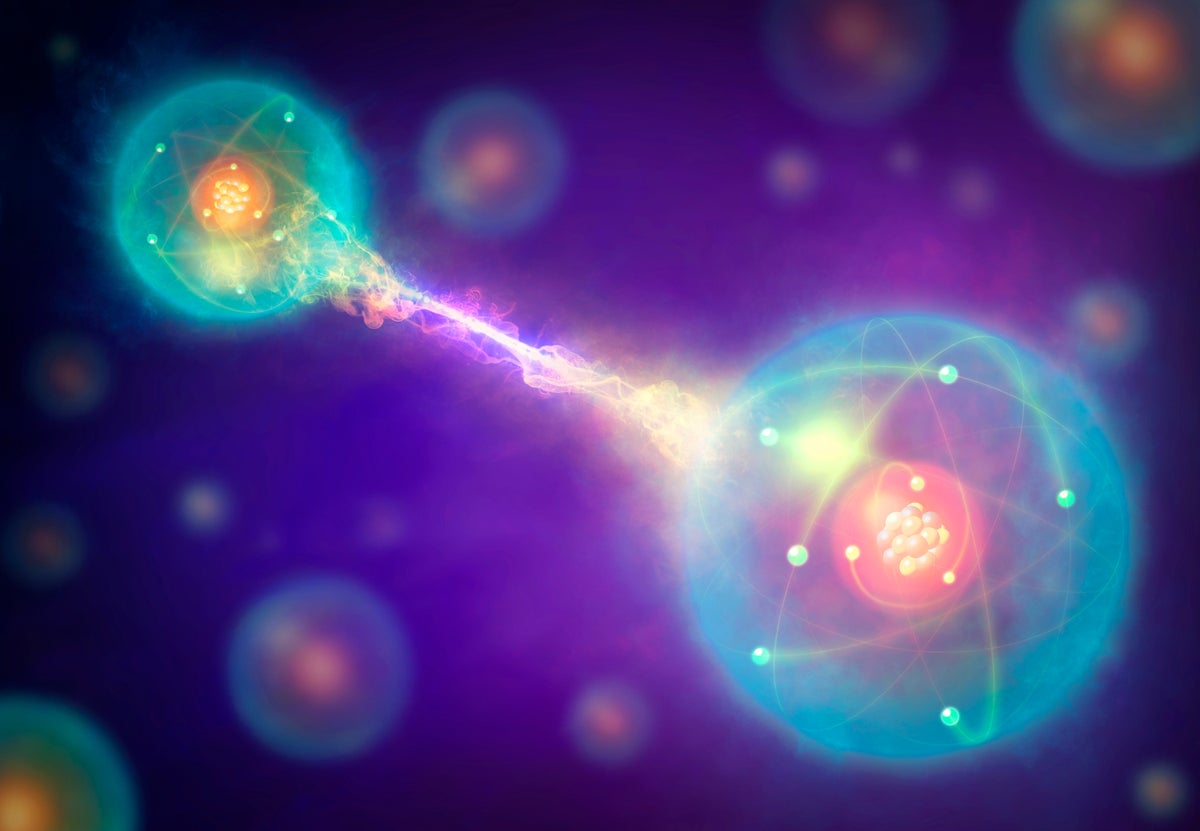
"Schrödinger's Bacterium" Could Be a Quantum Biology Milestone
A recent experiment may have placed living organisms in a state of quantum entanglement

